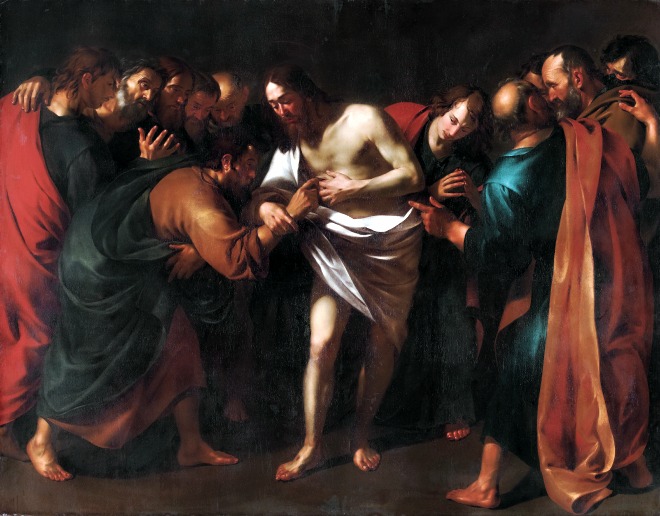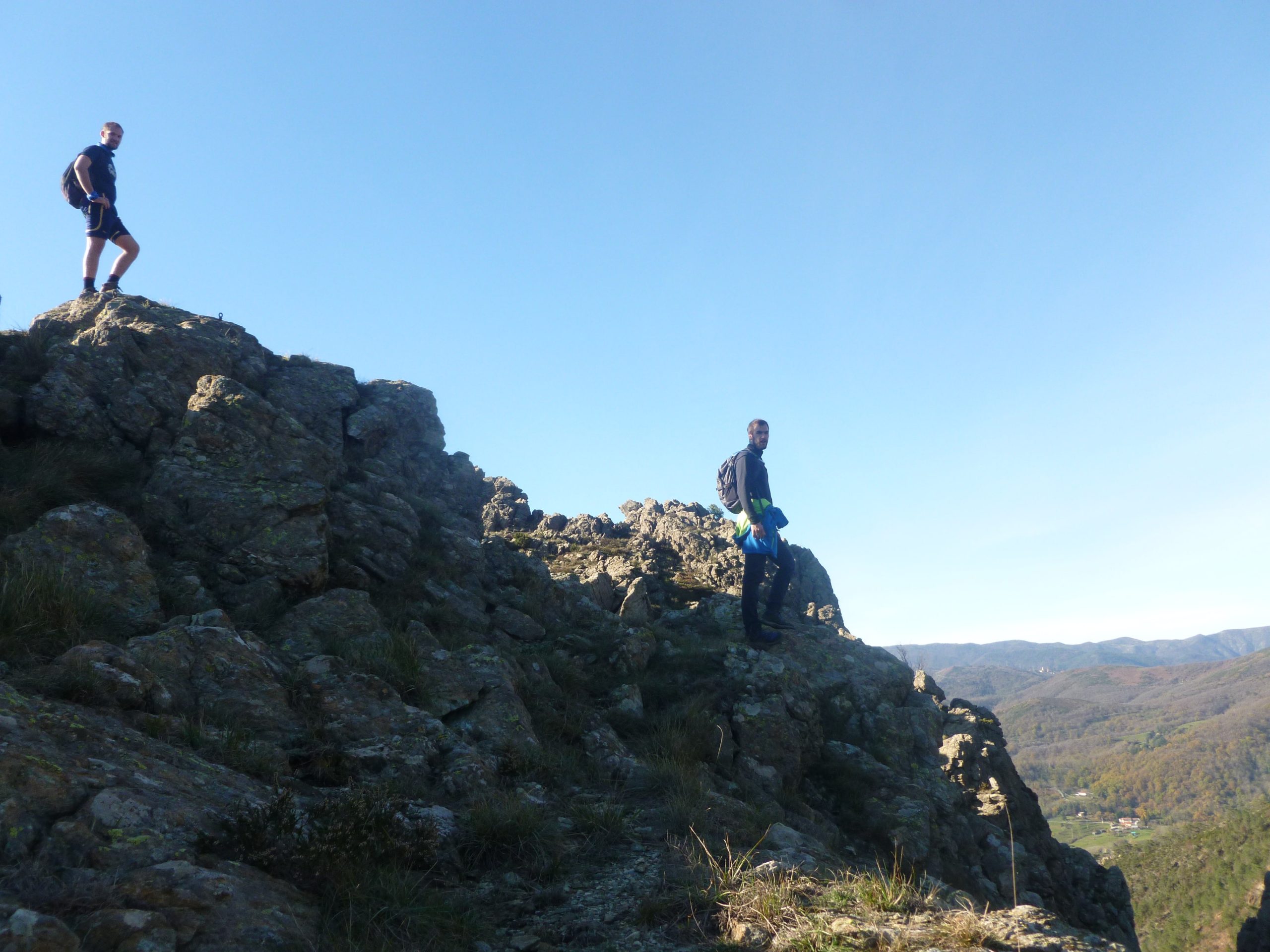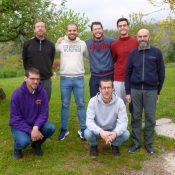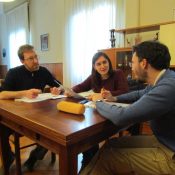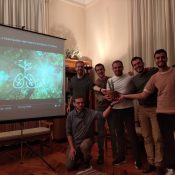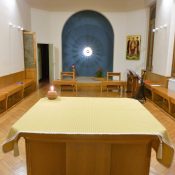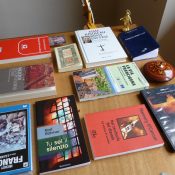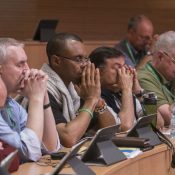On the occasion of Easter I would like to share one of my experiences of the spiritual exercises.
In the fourth week of the Spiritual Exercises which is the last, we contemplate the risen Jesus. It was particularly difficult for me to stay in these contemplations, at first I didn’t understand why. In my mind I had many distracted thoughts, for example how to build a bicycle frame, on which side of the roof of the neighboring houses would be good to put photovoltaic panels, or when I saw a field some agricultural technologies came to my mind. Being an engineer (at least in my heart) I like all these issues but at that moment it was absolutely useless to think about them.
It was already the third day that I was suffering from these distractions when I was finally able to tell the real reason: I didn’t like this risen Jesus who doesn’t stay with his disciples and with whom I cannot simply stay, as I had done before. He comes when he wants, stays for 5 minutes, for an hour and then he goes away. He makes himself unrecognizable and plays with his disciples.
Then he asks: “Do you love me?” (apparition of Jesus by the sea of Tiberias, Jn 21)
The “good Catholic” immediately replies in me: “Yes, Lord, you know that I love you”.
But this time there is also another, more honest voice: “How could I love you? You don’t stay with me, you always go away!”.
I finally know what’s wrong. I am always very grateful for these moments of sincerity. Unfortunately, sometimes I have to wait days, weeks, years until they arrive.
Then it is fascinating how quickly a problem can be solved once we have recognized it.
Two other words come to my aid: “And behold: I am with you always, until the end of the age.” (Mt 28,20) How?
The other one: “And the king will say to them in reply: Amen, I say to you, whatever you did for one of these least brothers of mine, you did for me.” (Mt 25,40).
Well, in fact, finding and seeing Jesus in our neighbor (and in everything) is our lifelong task. Moreover, we have to love him in everything! This new, strange, hidden presence makes us capable of a much greater love. If he had remained physically present among the people, I would definitely love him most and I might not love so much the others. But this way, through him and in him I can and must love everyone and everything. Or we can say it also like this: I can and must love Him in everything and everyone.
Pál Füszfás
